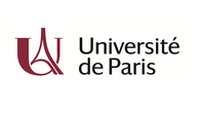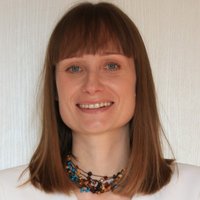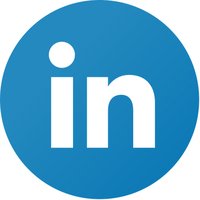BiG - Introduction to BioInformatics and Genomic Medicine
- Duration: 5 weeks
- Effort: 15 hours
- Pace: Self paced
- Languages: English and french
What you will learn
At the end of this course, you will be able to:
- Unit 1:
- Understand the HTS (High Throughput Sequencing) revolution in medical genetics in the management of rare diseases and hereditary cancers
- Understand the role of bioinformatics in the implementation of NGS
- Unit 2: Interpreting genetic variation
- Identify the different criteria important in the interpretation
- Experiment the analysis a simplified HTS result
- Unit 3, 4 and 5: Understanding of the main bioinformatics steps of HTS
- Understand the bioinformatics methods of variant calling, reference genome alignment and base calling
- Understand the standard formats VCF, SAM, BAM, CRAM and FASTq
- Discover the IGV sequencing data visualization tool
Description
The MOOC BiG "Introduction to BioInformatics and Genomic Medicine" aims to address all the bioinformatics aspects necessary for the production and interpretation of High-Throughput Sequencing (HTS) or Next Generation Sequencing (NGS) data within a clinical genetics laboratory with examples of rare diseases and oncogenetics.
This introductory course is primarily intended for health professionals using genomics. Its objective is to provide specific and adapted contents to enable them to understand the different steps from phenotyping to molecular diagnosis and to have a critical eye on the analyses while taking into account the pitfalls and limits of NGS. Designed by a French team, it will also present the functioning of the genomic pathway in France.
For the general public or the curious, the objective is to make them aware of a technique that plays an increasingly important role in the diagnosis of genetic diseases.
Format
The MOOC will be self paced. Learners will have access to all the contents from the beginning. Each teaching unit will explore a step of NGS processing by focusing on different themes with videos in french subtitled in English, texts and self-correction exercises. Interactive content, such as python-based jupyter notebooks will permit us to go further in genome interpretation and programming.
As genomic medicine and NGS require a wide range of skills, we suggest you make your own path through the MOOC according to your profile and learning objectives.
- For the beginners, the introductive unit “Back to Basics” will guide you through the basics of genetics, bioinformatics and genomic medicine.
- Unit 1 sets the context and will be of interest to all learners, with the example of the French model.
- Unit 2 is at the crossroads between clinics, biology, bioanalysis and bioinformatics. It will be of interest to all those who will be prescribing or interpreting genetic results as well as bioinformatics pipeline designers.
- Units 3, 4 and 5 are increasingly focused on bioinformatics. Bioinformaticians will be in familiar territory, it may be more difficult for those who do not handle these tools on a daily basis.
In short, pick what you find most useful or follow the guide!
A forum is dedicated to online exchanges between learners and pedagogical team !
Prerequisites
This MOOC is particularly aimed at health professionals, students or practicing physicians, for whom genetics is part of their daily work. This includes geneticists, genetic counsellors, bioinformaticians as well as non-geneticists physicians or other health professions who wish to broaden their skills.
In addition, it is also intended for the general public wishing to understand the bases of applied bioinformatics to genomic medicine and the medical interpretation of genetic variations.
It is recommended to have prior knowledge of human genetics to better benefit from the content of this course. To refresh your knowledge, a "back to basics" content will be available at the beginning of the MOOC!
Assessment and certification
This MOOC does not provide any academic certification for the moment. However, a certificate of completion of the MOOC will be issued if you obtain an average mark of 70% in the exams available at the end of each unit.
Certificates will be delivered approximately every 2 to 3 months.
Course plan
- Introduction to genomic medicine
Genetics basics
Discover Bioinformatics in genetics
- Genomics and Rare Diseases
Genomics and Oncogenetics
Genomics and Technologies
Genomics and Bioinformatics
- Introduction
Population frequency databases
Phenotype-genotype databases
Functional data aggregation tools
Interpretation in oncogenetics
Conclusion
- Principles of detection
File formats: VCF
Detection of variations in oncogenetics
- Alignment methods and algorithms
File formats: BAM, SAM and CRAM
Quality criteria of alignment
Reads visualisation
- Principles
File Formats: FASTA, FASTq
Quality criteria of a somatic variation
Course team
JULIEN THEVENON
Categories
KÉVIN YAUY
Categories
EVAN GOUY
Categories
AGATA URBANCZYK
Categories
Organizations
Teachers

Marie DE TAYRAC
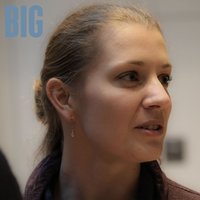
Anne Sophie DENOMME-PICHON
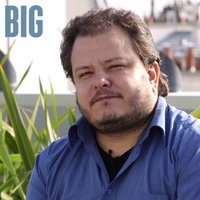
Yannis DUFFOURD
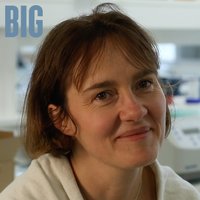
Laurence FAIVRE

David GENEVIEVE

Emmanuelle GENIN
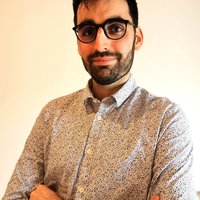
Xavier LE GUILLOU
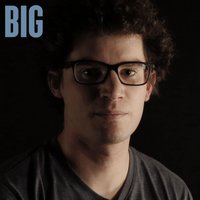
Francois LECOQUIERRE

Alban LERMINE

Robert OLASO

Pascal PUJOL
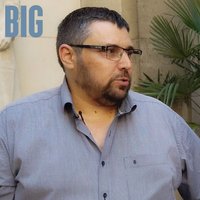
Damien SANLAVILLE
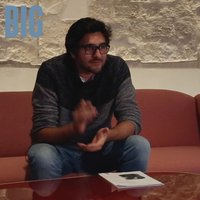
Sacha SCHUTZ
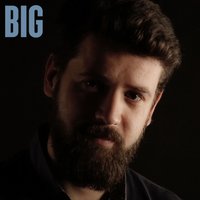
Aurélien TRIMOUILLE
Partners
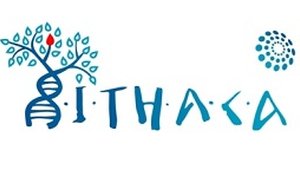
ERN-ITHACA
European Reference Network for Malformative Syndromes and Neurodevelopmental Disorders
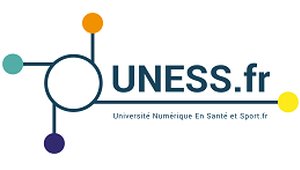
UNESS
Digital University for Health studies, France
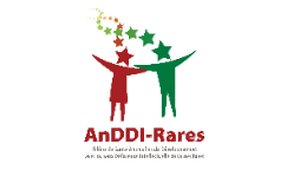
AnDDI-Rares
French Health Network for Developmental Disabilities of Rare Causes with or without Intellectual Disability
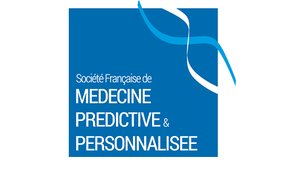
SFMPP
French Society of Predictive and Personalized Medicin
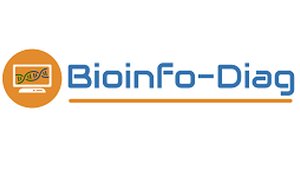
Bioinfo-Diag
French Bioinformatics Network for Diagnostics
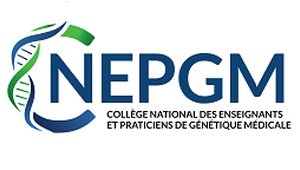
CNEPGM
French National College of Teachers and Practitioners of Medical Genetics
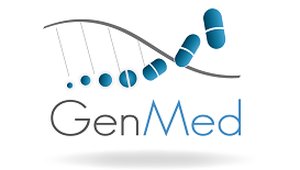
LabEx GenMed
Laboratory of Excellence in Medical Genomics (Programme "Investissement d'Avenir")
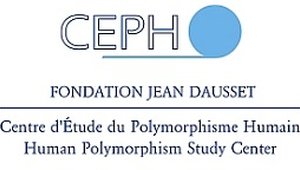
CEPH
Jean Dausset Foundation - Centre for the Study of Human Polymorphism
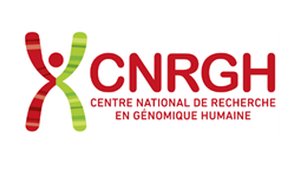
CNRGH
National Centre for Research in Human Genetics (France)
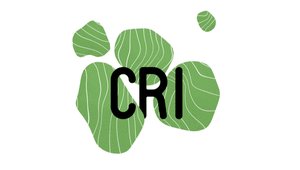
CRI
Centre for Interdisciplinary Research (France)
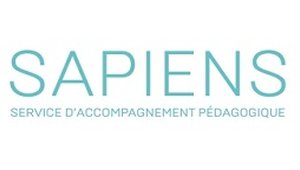
Sapiens
Support service for innovative teaching methods and digital teaching at the Sorbonne Paris Cité Alliance (France)
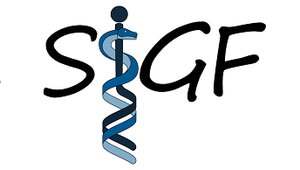
SIGF
Society of Franch Residents and Young medical Geneticists
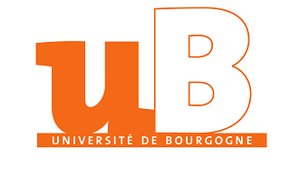
Université de Bourgogne
University of Burgundy

ESHG-Y
European Network of Young Geneticists
Conception

Video
Xavier DESPLAS (Director) and Alexis ROYNEAU (Assistant Director), CRI - MOOC Factory
Eric PAUL (Director), University of Burgundy

Ingénierie pédagogique
Fabien HOBART, Hugo LOPEZ and David PONTALIER (Instructional designer), CRI - MOOC Factory
Danielle CABRERA (Audiovisual engineer), Elise HERLICQ (Pedagogical adviser), and Ludivine ALVAREZ (Instructional designer), Alliance Sorbonne Paris Cité

Illustrations
Silvestre CUINAT, Nantes University Hospital
Xavier LE GUILLOU, Poitiers University Hospital
Laurie MORCILLO, Grenoble Alpes University Hospital
Eric RIBEREAU, SeqOne
License
License for the course content

Attribution-NonCommercial-NoDerivatives
You are free to:
- Share — copy and redistribute the material in any medium or format
Under the following terms:
- Attribution — You must give appropriate credit, provide a link to the license, and indicate if changes were made. You may do so in any reasonable manner, but not in any way that suggests the licensor endorses you or your use.
- NonCommercial — You may not use the material for commercial purposes.
- NoDerivatives — If you remix, transform, or build upon the material, you may not distribute the modified material.
License for the content created by course participants

Attribution-NonCommercial-NoDerivatives
You are free to:
- Share — copy and redistribute the material in any medium or format
Under the following terms:
- Attribution — You must give appropriate credit, provide a link to the license, and indicate if changes were made. You may do so in any reasonable manner, but not in any way that suggests the licensor endorses you or your use.
- NonCommercial — You may not use the material for commercial purposes.
- NoDerivatives — If you remix, transform, or build upon the material, you may not distribute the modified material.

